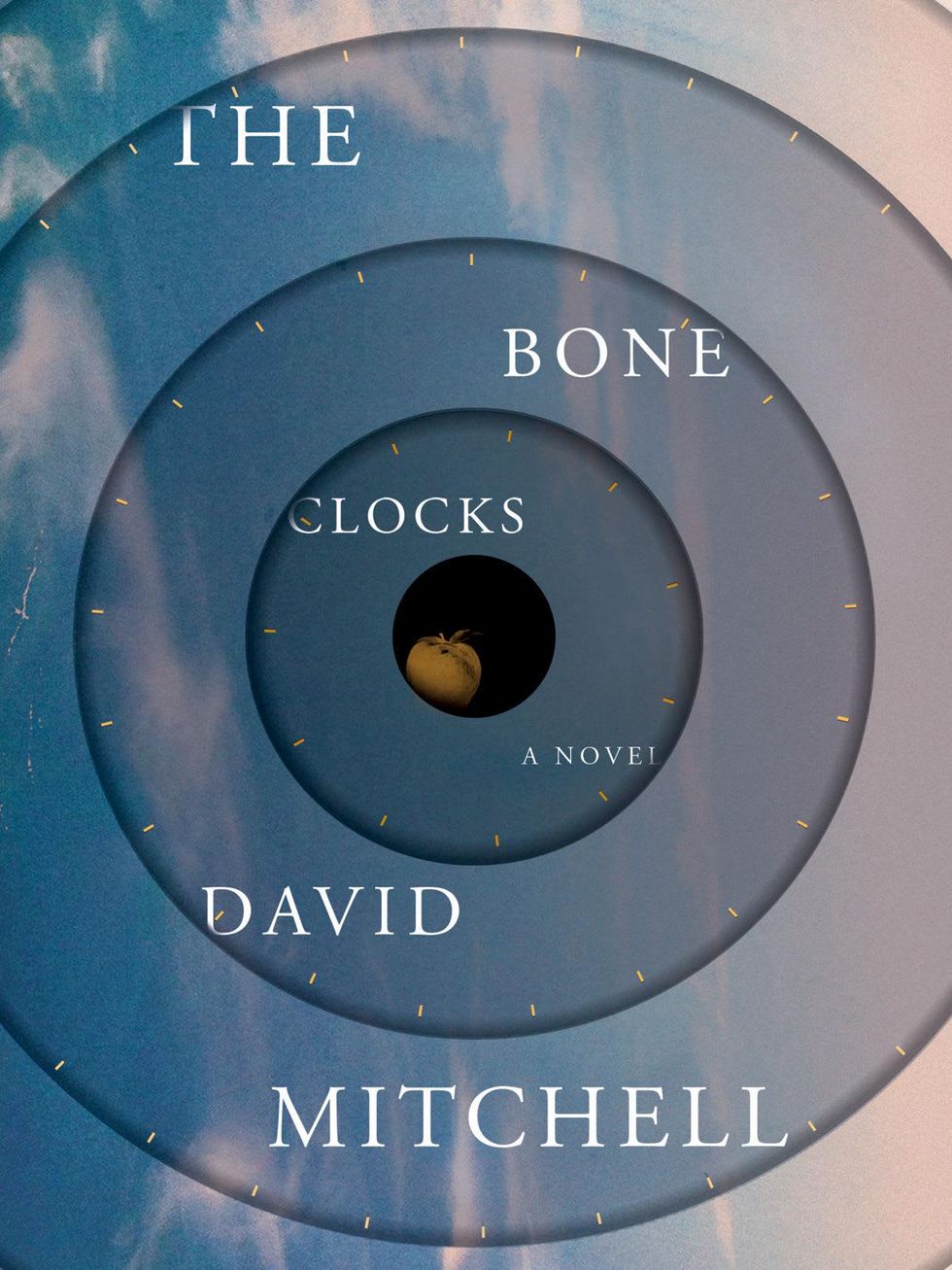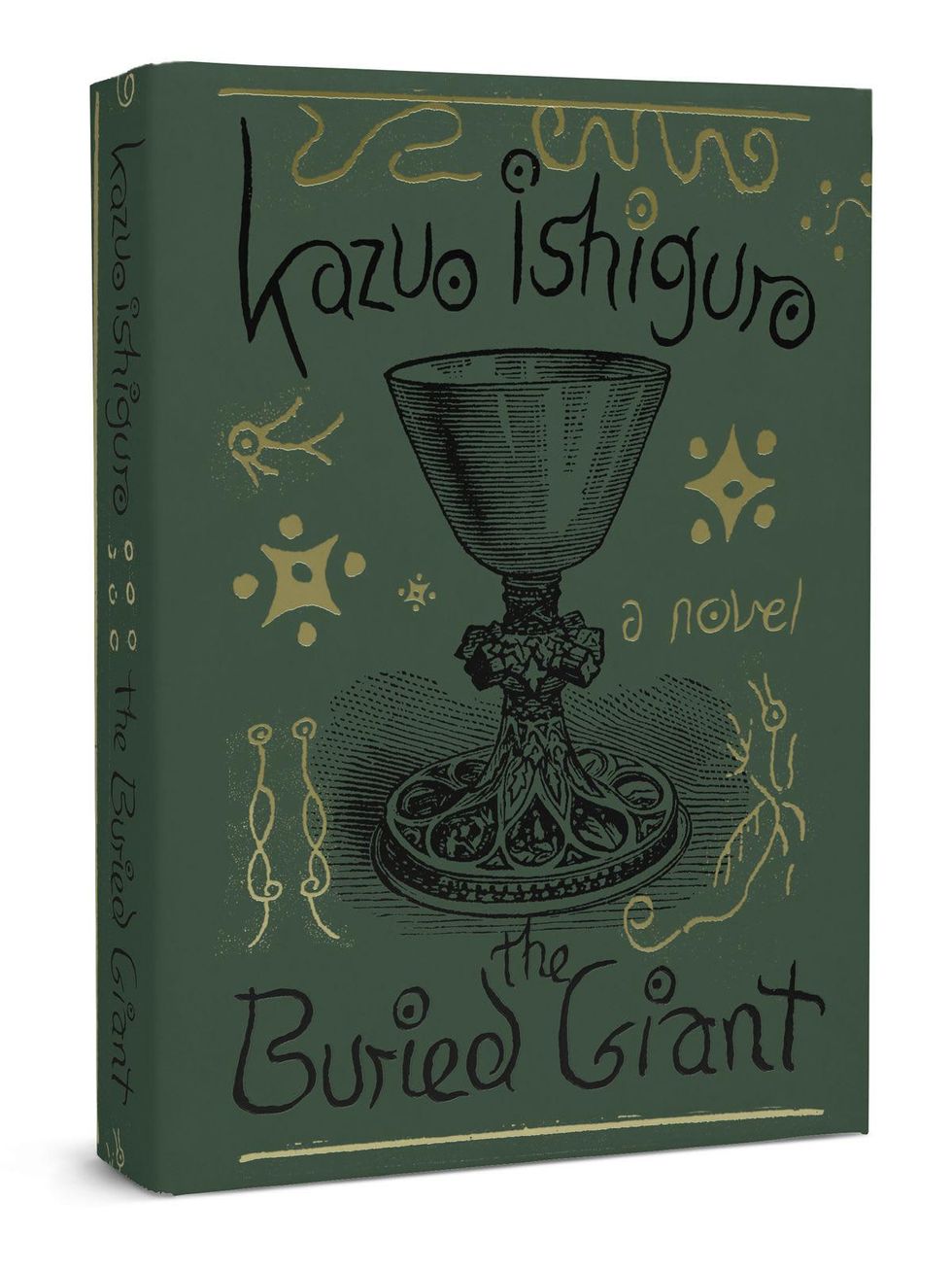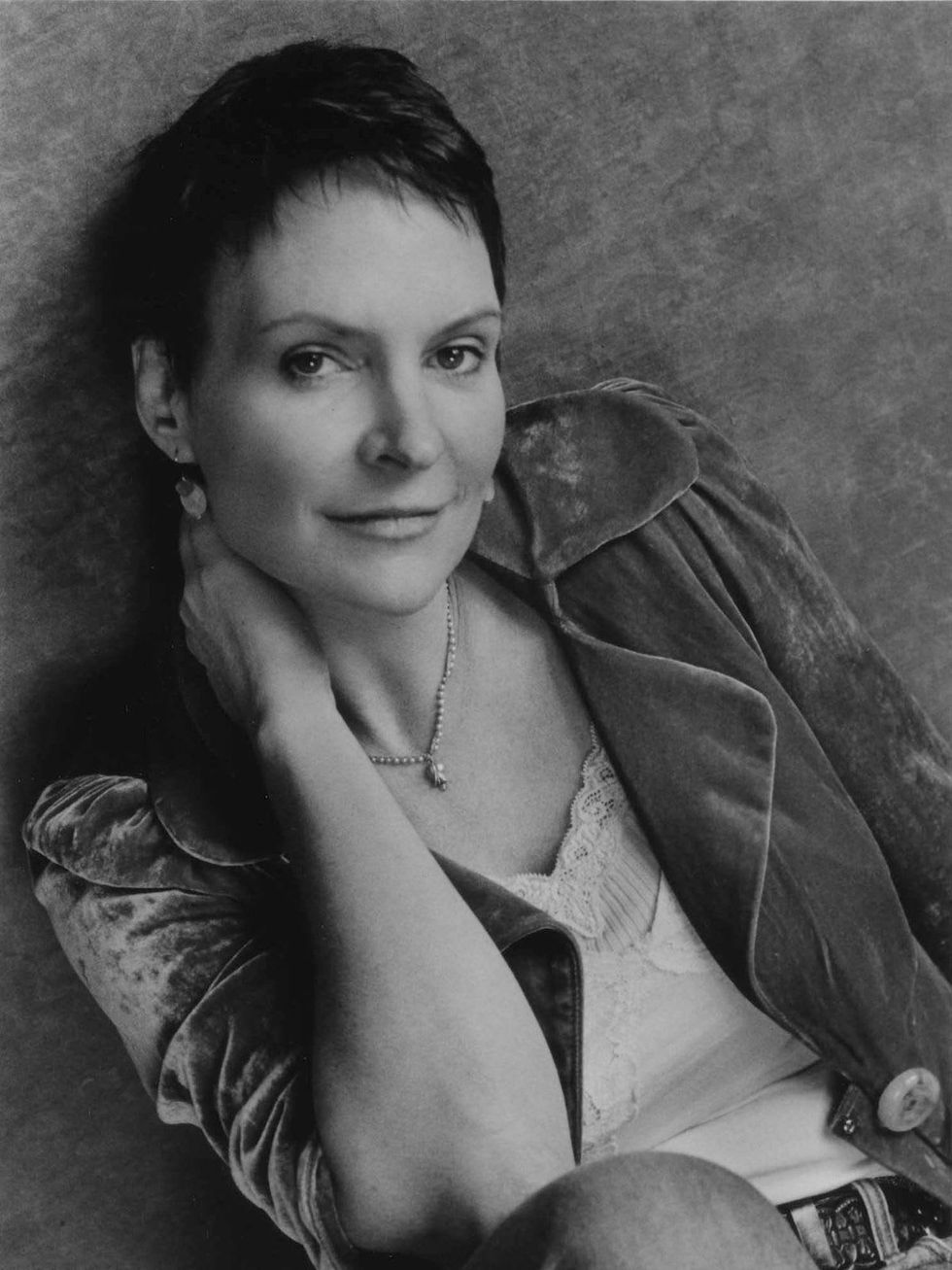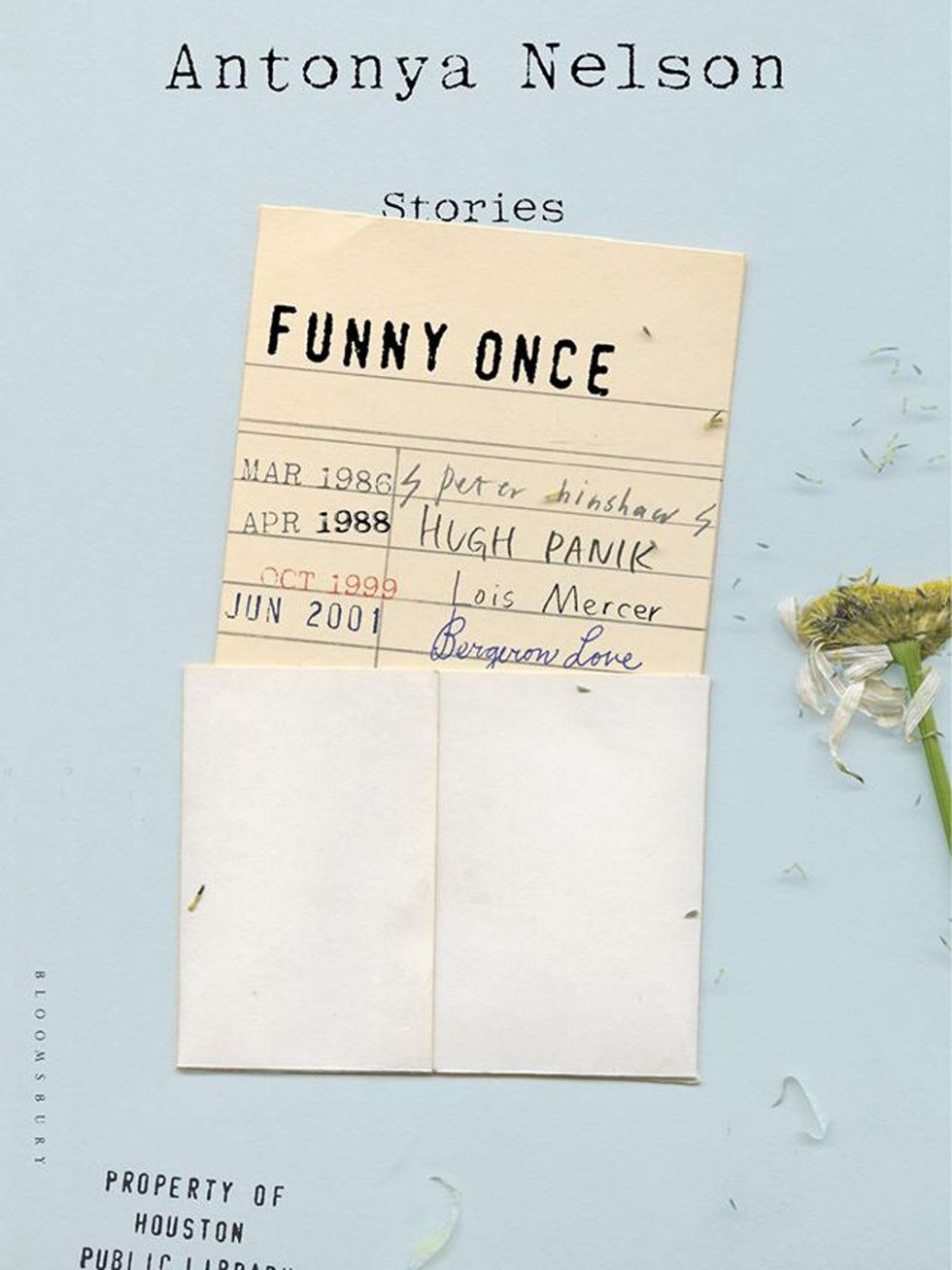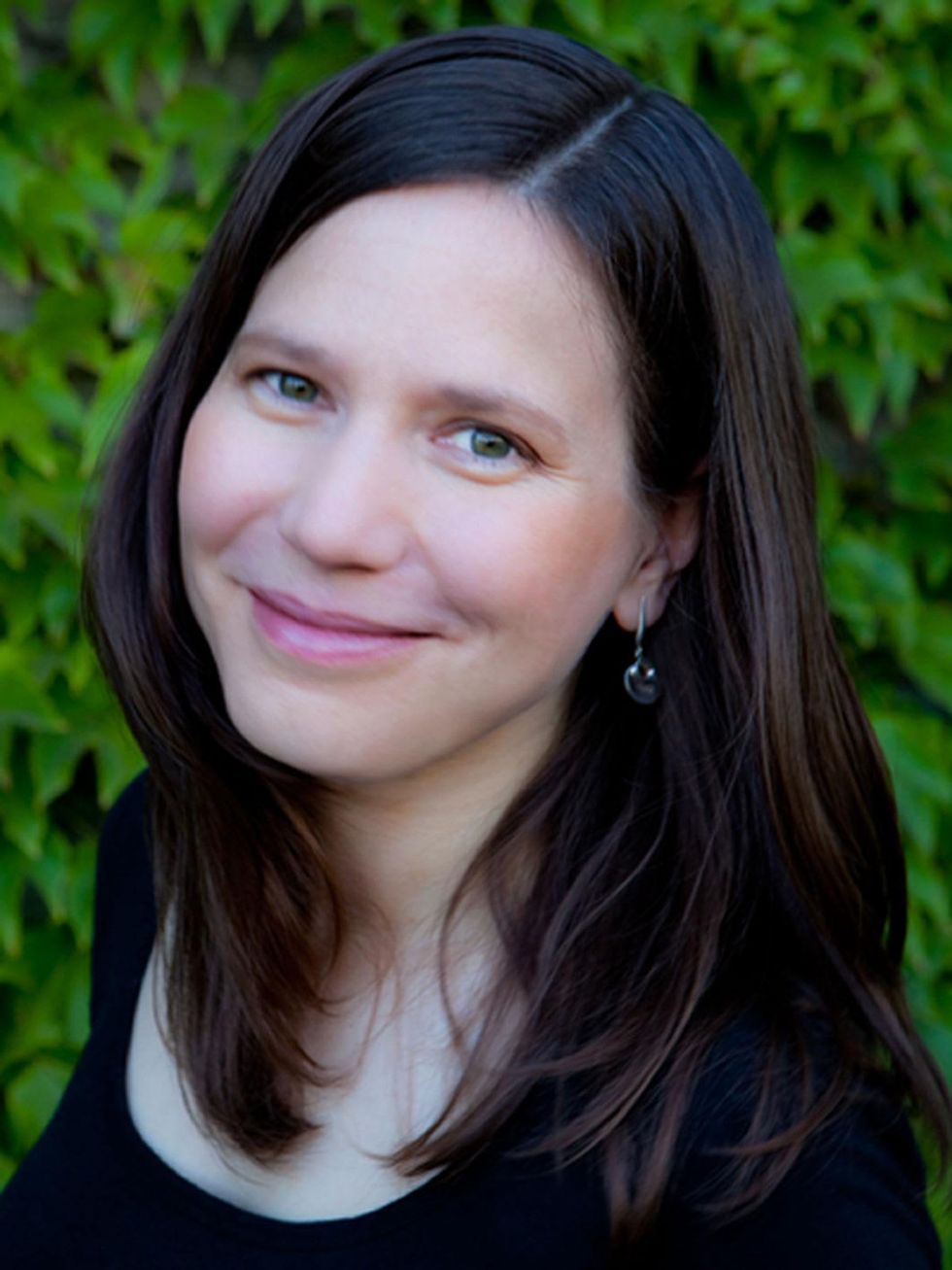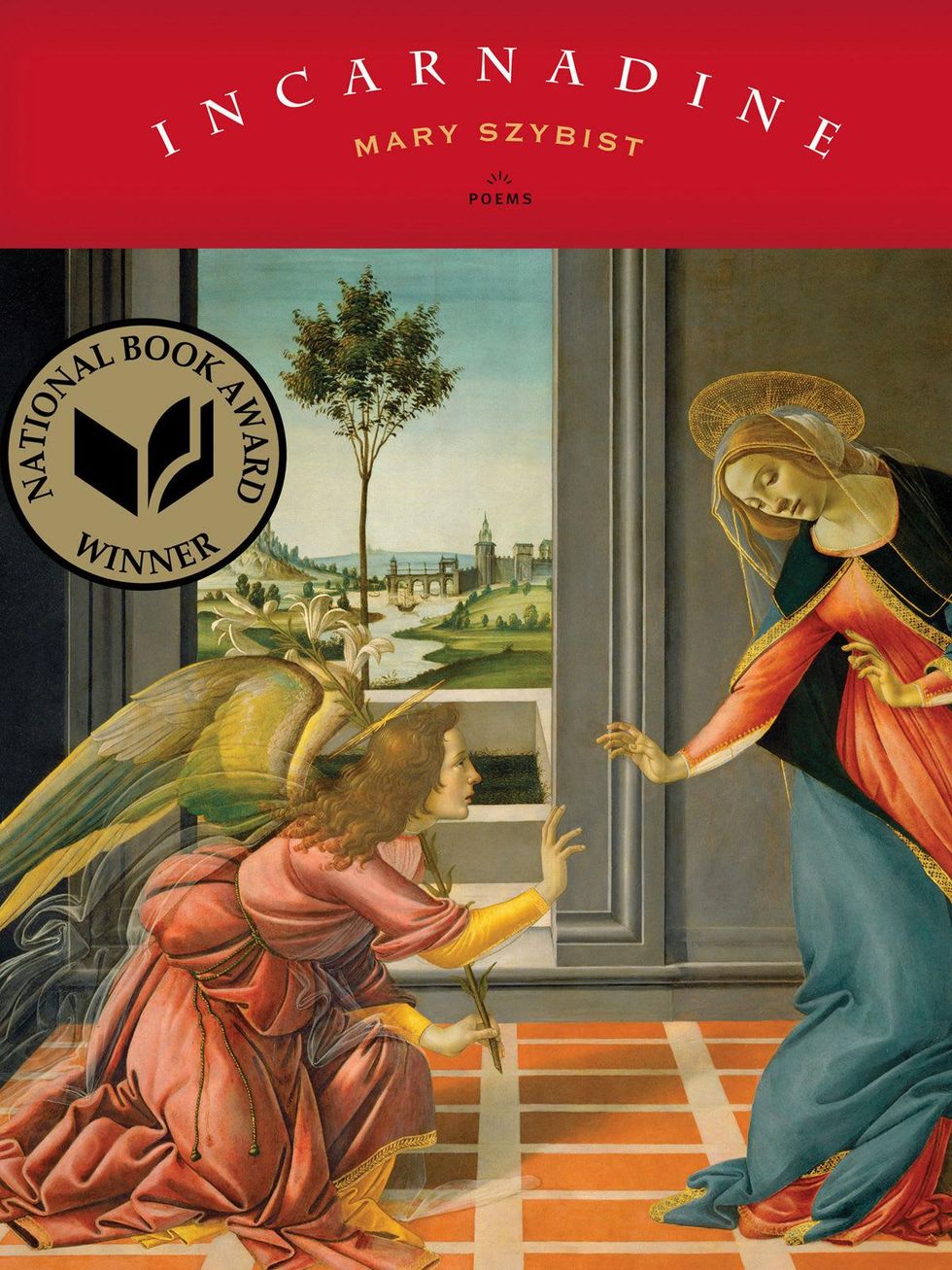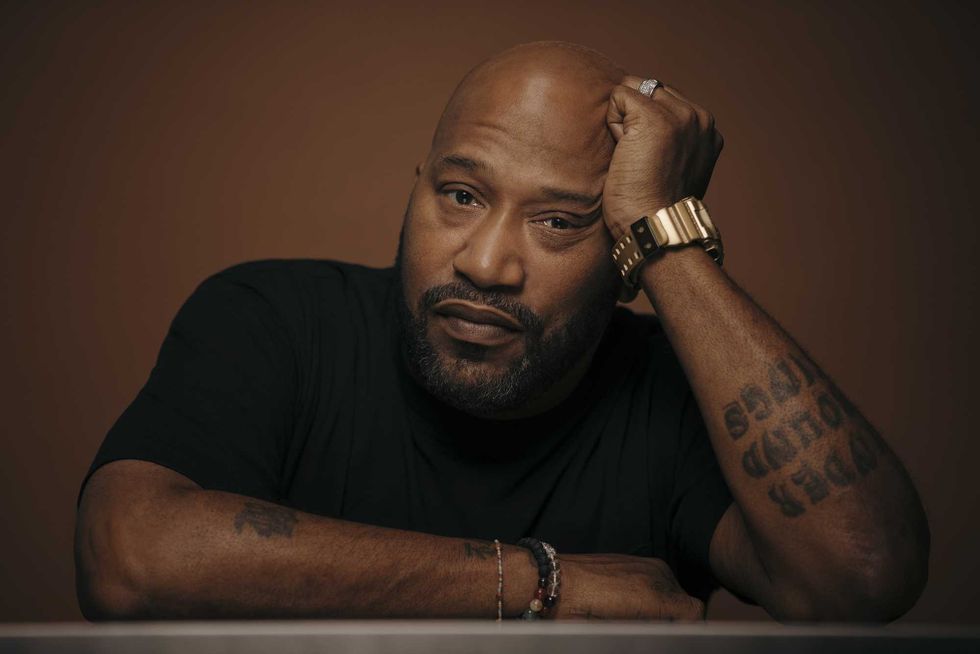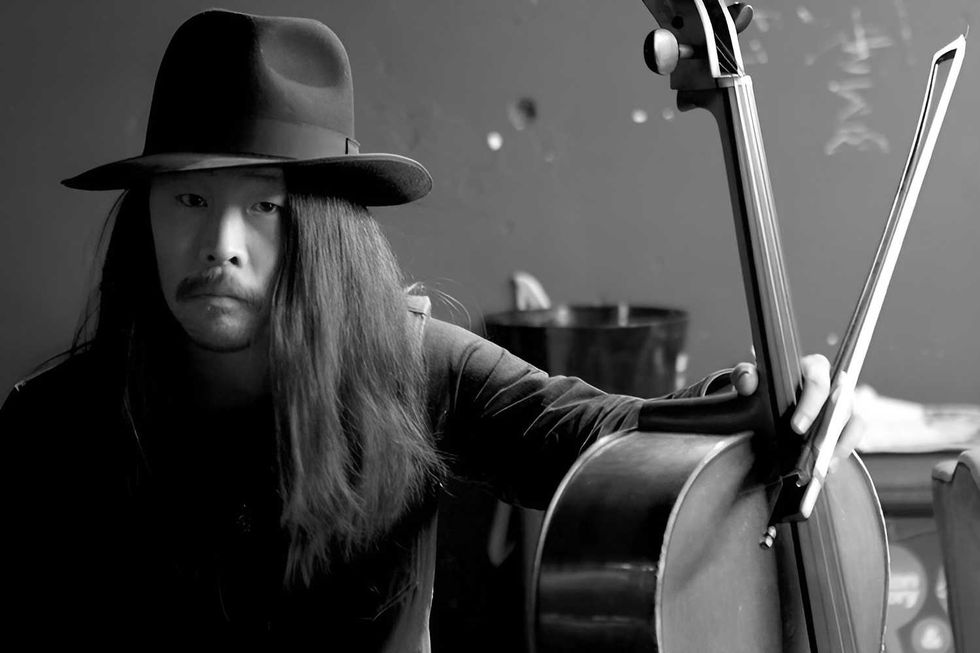Book Smart
Celebrity authors with Hollywood cred heading to Houston: This new Inprint schedule is star studded
Every spring when Inprint, Houston’s foremost literary arts organization, begins looking for authors for the next season of the Inprint Margarett Root Brown Reading Series, executive director, Rich Levy, says they have one, main objective: “To get the best possible writers and to get a mix of genre, style, ethnic backgrounds.”
But sometimes, mostly accidentally as the season begins to form, some themes become apparent.
This year after getting a look at the stellar selection of authors, I noticed that the 2014-2015 season appears positively cinematic, thanks mostly to three literary stars: David Mitchell, Michael Cunningham and Kazuo Ishiguro.
“I don’t think film makers necessarily want to redo what’s been done on the page, and they can’t. But then they can bring it to life in a way the writer only has words to work with."
While it’s not unusual for a lineup to include one or maybe two authors who have a novel or short story adapted as movies, these three have a combined eight films with their name on them, either because the film was inspired by one of their best-selling works, like Mitchell’s Cloud Atlas, Cunningham’s The Hours and A Home at the End of the World and Ishiguro’s Remains of the Day and Never Let Me Go, or in the case of Ishiguro and Cunningham they’ve also tried their hand at screenwriting.
Viewing this impressive list of award winning novels adapted into Oscar nominated and winning films made me realize how much cinema spring from books, but also wonder what the allure is for movie directors. I thought perhaps Levy, who is also on the Museum of Fine Arts film committee, might give me some perspective.
Team Book vs. Team Film
When it comes to film adaptations, Levy is not surprisingly on Team Book, arguing: “Usually, the film versions of books are not satisfying for people who love the books,” but he also thinks the stories in books can be great inspiration for filmmakers.
He does note that there are some great films out there that have introduced a novel to a new audience and that book and film can “coexist pretty nicely.”
Money, of course, was Levy’s first answer. A film version of an author’s novel can certainly give the writer the monetary space and time to work on the next novel.
“I don’t think film makers necessarily want to redo what’s been done on the page, and they can’t. But then they can bring it to life in a way the writer only has words to work with,” he says.
After discussing what filmmakers get out of using a novel as a source for a movie — an already proven good story that probably got under the filmmaker’s skin —I asked what’s in it for writers like Cunningham, Mitchell and Ishirguro.
Money, of course, was Levy’s first answer. A film version of an author’s novel can certainly give the writer the monetary space and time to work on the next novel. But Levy, a poet in his own right, moves on from the practical to the artistic.
“I think it’s probably very interesting to see how this thing — that came out of your head, that you invented and then put down on the page in words — how someone is going to create a two dimensional version of that,” he muses. “That must be a surreal and marvelous experience, if you can let go the fact that it’s no longer yours.”
So what will be the next great novel enticing filmmakers to bring it to the screen? Could it be Mitchell’s The Bone Clocks, which he’ll be reading to Houston audiences on Sept. 21, only a few weeks after it debuts? Maybe they’ll feel a chill from Cunningham’s The Snow Queen, like Houston fans undoubtedly will on Nov. 10.
Is Ishiguro’s first novel in a decade, The Buried Giant, which he reads on March 23, the one? Or perhaps it will be Karen Russell, reading on Jan. 26, whose Swamplandia came close to being the next big HBO series.
Still, we can’t count out the other highlights of the season.
A Celebration of the Short Story on Oct. 13
One of the greats of the short story form, Deborah Eisenberg, and UH’s own Antonya Nelson, whose latest collection Funny Once just came out this summer help us remember some tales are best told in bite sized pieces.
One (actually two) for the poetry lovers on Feb. 23
As a reminder that we don’t have to wait for April to celebrate poetry, Inprint presents 2013 National Book Award winner Mary Szybist and National Book Award finalist Kevin Young.
Up and Coming Voices on April 20
Cristina Henriquez and Marlon James are telling vastly different stories in their new novels. Henriquez’s The Book of Unknown Americans gives readers distinctive and timely stories of immigrants. James’s A Brief History of Seven Killings recalls the 1976 attempted assassination of Bob Marley.
But both juggle numerous narrators in order to give us multiple points of views into these worlds.
Nonfiction Takes a Bow on May 11
To sail the season into the sunset, celebrated essayist Geoff Dyer will read from his Another Great Day at Sea, a chronicling of his two weeks with the men and women aboard the aircraft carrier the USS George H.W. Bush. Inprint has frequently brought nonfiction giants to the stage, but they’re now making an effort to have a creative nonfiction night every year, bringing “memoirist, a lot writers who, like Dyer, are not afraid to insert themselves in the work.”
The season brings many new worlds to explore and a multitude of new voices, real and imaginary, so enjoy immersing yourself, while knowing that there’s probably a director out there reading with you, wondering if there’s another Oscar in here for Meryl Streep.

